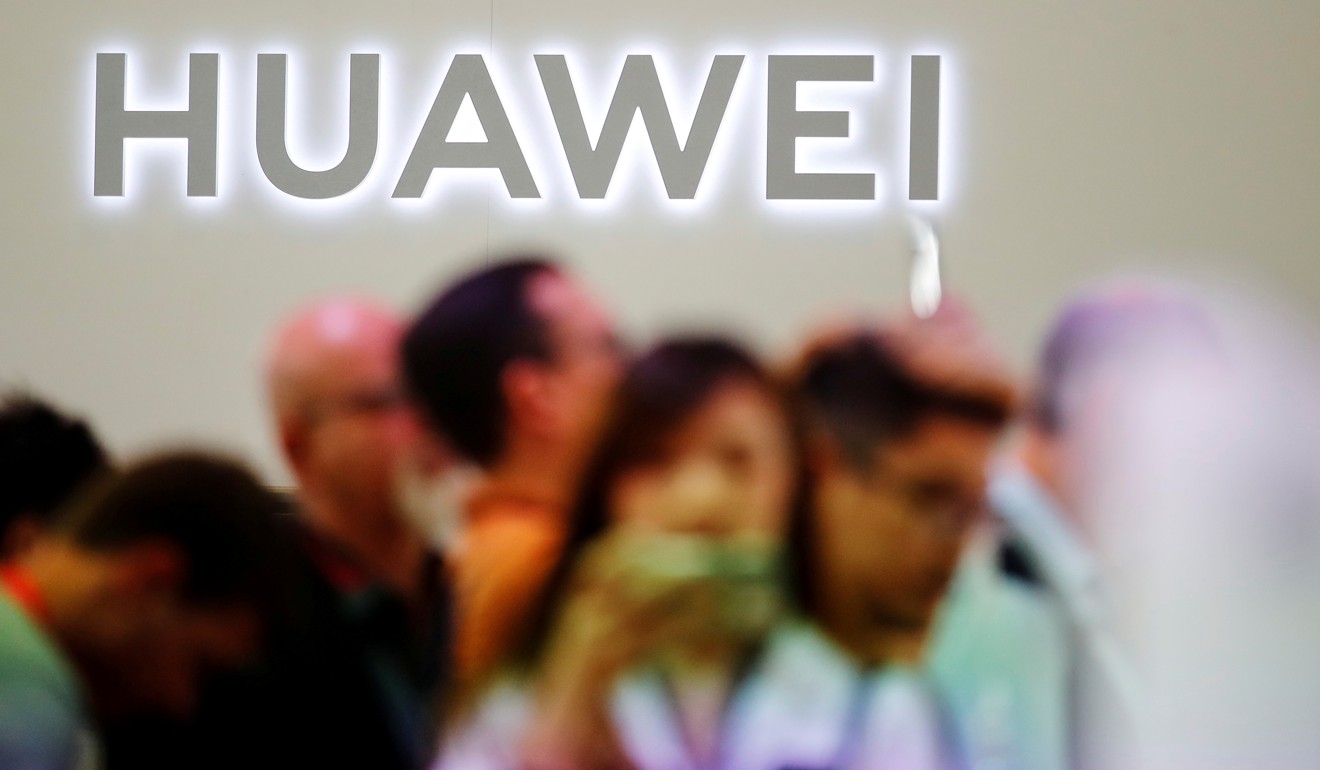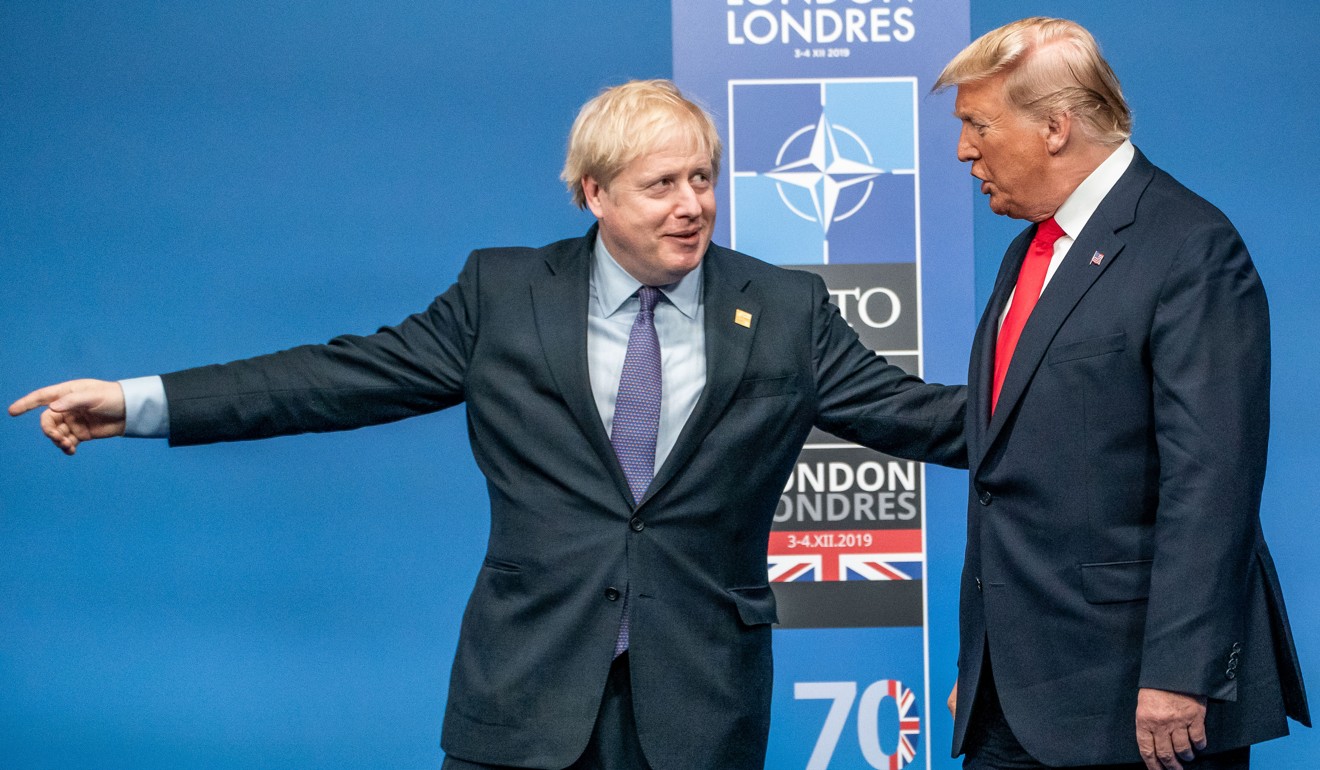
Trump must stand firm on Huawei to convince US allies to ban the Chinese company from their 5G networks
- US allies who hesitate to keep Huawei out of their 5G networks are not only afraid of reprisals from Beijing but also find a Trump-sponsored policy a hard sell. Worse, they are unsure the US will be there for them when the dust settles
The top responsibility of any government is to protect its citizens. The United States and its allies all have multiple institutions dedicated to this effort.
For years, the US has been sharing concerns with allies about the possible harm to national security that could come from using telecom equipment made by China’s Huawei. These concerns, first documented in a 2011-2012 House intelligence committee investigation into Huawei and Chinese telecom supplier, ZTE, are bipartisan. The committee concluded that “the risks associated with Huawei’s and ZTE’s provision of equipment to US critical infrastructure could undermine core US national-security interests”. Both companies deny this.
Nevertheless, Huawei has become one of the world’s largest telecom equipment suppliers since then, despite being unwelcome in America.

One reason US allies are reluctant to ban Huawei is fear of economic reprisal from Beijing. This appeasement seems based on a calculation that the expected cost of Beijing’s retaliation would be greater than the expected cost of compromised national security. Like the United States, they have been sucked more or less into economic dependence on China. Unlike the US, they seem to think that more of this, not less, would be a good thing.
Beijing’s ambassador to Germany made a similar comment in December.
While worries about reprisals from Beijing seem valid, none want to say this. They mostly cite the low cost of Huawei products as their reason for using them, noting that alternatives like Nokia and Ericsson cost more. The US’ rebuttal is simple: if you think telecoms security is expensive, try not having it.
But another reason that US allies won’t ban Huawei is probably Trump himself.
Because of widespread anti-Trump feeling, the leaders of some American allies have trouble selling American proposals to their people nowadays. Trump’s vocal criticism at times also makes it personal for people with politician-sized egos. France has repeatedly stated that it “will not bow to American pressure”, something hard to imagine when Barack Obama was around.

In November, Trump said the US and China would discuss Huawei in the second phase of their trade negotiations.
The only thing worse for the leader of a US ally than taking a political hit at home for standing with Trump on Huawei would be taking that hit and having Trump leave him or her standing alone.
The US security community have led a global push under Trump’s administration against using Huawei products. Yet Trump’s vacillations help Huawei and Beijing and put US security alliances at risk. He should either pardon Huawei – and explain why – or adhere to the security community’s position, permanently and without hedge.
Robert Boxwell is director of the consultancy Opera Advisors
Purchase the China AI Report 2020 brought to you by SCMP Research and enjoy a 20% discount (original price US$400). This 60-page all new intelligence report gives you first-hand insights and analysis into the latest industry developments and intelligence about China AI. Get exclusive access to our webinars for continuous learning, and interact with China AI executives in live Q&A. Offer valid until 31 March 2020.

